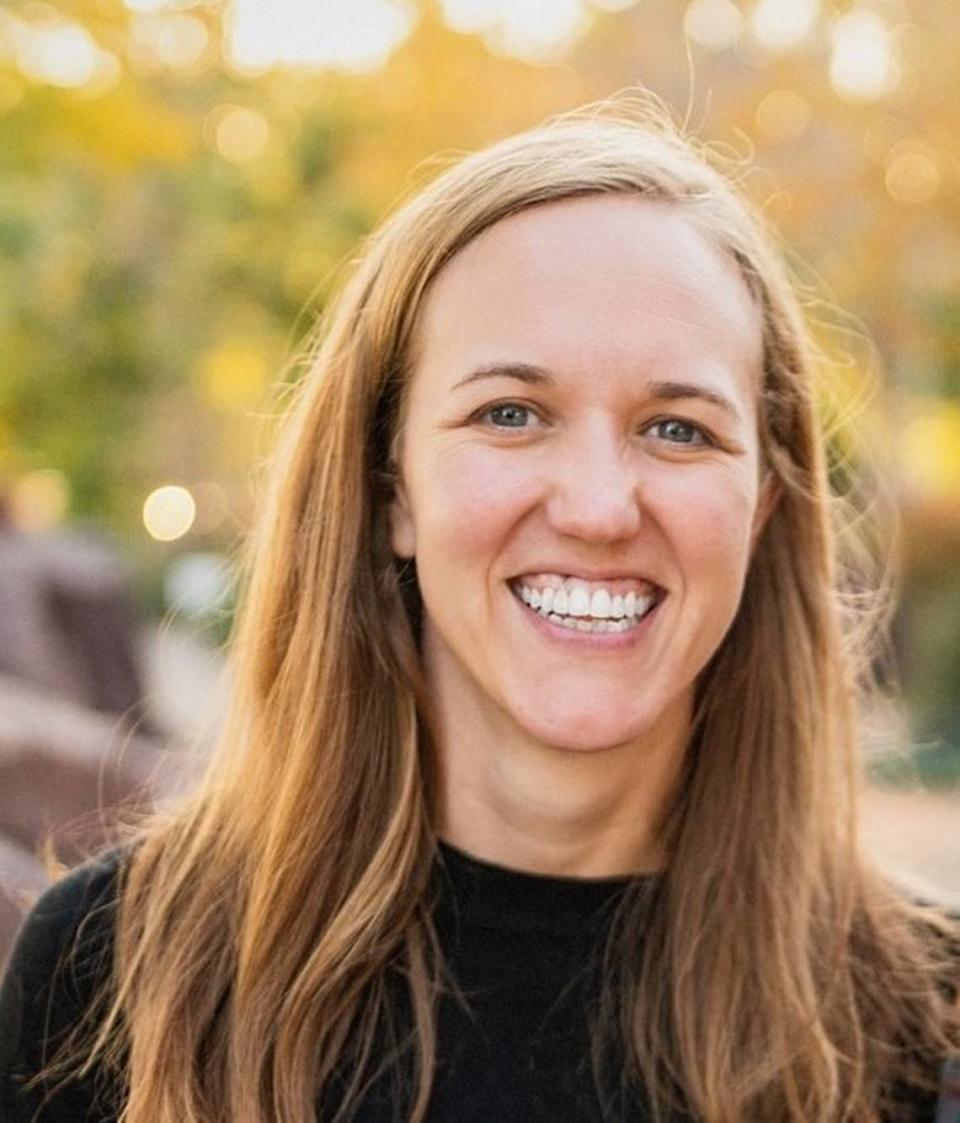Fresno Chaffee Zoo’s elephants need to be free to roam in a sanctuary | Opinion
If you visit the Fresno Chaffee Zoo, you may see three elephants, standing in a yard scattered with rocks and logs. Two of the elephants, Nolwazi and her daughter Amahle, are pregnant. Mabu, transported to the zoo last year, is the father.
The truth is, you’re not seeing the true nature of elephants at this or any zoo. You’re seeing pawn pieces, moved from zoo to zoo for one reason — to maximize breeding opportunities so additional captive elephants are born, trapping them in an endless and crushing cycle that does nothing to save their wild-born counterparts.
That’s why on Aug. 30, Friends of Animals filed an amicus curiae (“friend of the court”) brief in a lawsuit brought by the Nonhuman Rights Project that seeks the elephants’ right to liberty and release to an accredited elephant sanctuary. The case is the first of its kind in California, and the elephants desperately need this relief.
Friends of Animals has a deep history with Nolwazi and Amahle. They were born in the wild in what was then Swaziland (now Eswatini). Three U.S. zoos, with the cooperation of Swaziland’s Big Game Parks and with the approval of the U.S. Fish and Wildlife Service, took these two elephants, along with 15 other African elephants born in the wild.
As we write in our brief, none of the elephants consented to their forced removal from their life in the wild in Swaziland to a life in confinement in the U.S. Likely knowing that forcibly removing elephants from the wild is morally indefensible would disgust large numbers of zoo visitors, and jeopardize their hopes of getting the required import permit altogether, the zoos put together a complicated story where they were not paying to kidnap elephants from their homes for permanent confinement in small zoo pens, but were instead “rescuing” elephants by donating money to an organization in Swaziland that threatened to kill them.
Instrumental to the zoos’ push for the wild elephants was the Association of Zoos and Aquariums and specifically the AZA’s Elephant Taxon Advisory Group and Species Survival Plan (TAG/SSP). The TAG/SSP works to advance the AZA’s interest in managing African elephants across North American zoos to ensure there is a population of African elephants for those zoos to display for decades to come.
Yet perpetuating elephant captivity is much more difficult than the TAG/SSP would like. Breeding success rates in captivity are dismal: only 25 elephants were born in captivity before 1999, and only six of these elephants were still alive in 2000. Thus, zoos sought to supplement the captive population and breeding program by taking more African elephants from the wild.
Friends of Animals urged the Fish and Wildlife Service to deny the zoos an import permit. We explained why the elephants’ confinement in zoos for the rest of their lives would be incredibly detrimental to their physical, social, mental, and psychological well-being. Sadly, FWS did not heed the warnings from Friends of Animals and a host of biologists, elephant experts, and organizations. We continued to challenge the import permit in court, but while our litigation was pending, the zoos secretly chartered a cargo plane to Swaziland to take the elephants from their lives in the wild to their confinement in captivity.
The zoos stressed in their public communications that it was important to them to keep elephant families and social groups together. Yet after only two years of confinement at the Dallas Zoo, Amahle and Nolwazi were ripped from their families and social groups and shipped to the Fresno Chaffee Zoo. Not until their long journey to Fresno was complete did the Dallas Zoo even reveal the fate of Amahle and Nolwazi.
No zoo can give elephants the autonomy that they deserve and thus no zoo should confine elephants. The unnatural confinement of any elephant, whether that elephant was born in captivity or in the wild, is an injustice. The sad history of Amahle’s and Nolwazi’s forcible removal from their lives in the wild and exploitation in captivity only further magnifies the injustice. It shows the coordination of zoos across North America, and through the AZA, to perpetuate the cruel confinement of these autonomous and extraordinarily cognitively complex animals for decades to come.
If you care about elephants, we hope you’ll join us in calling for an end to the unjust confinement of Amahle, Nolwazi, and Mabu and an end to the zoo industry’s confinement of elephants altogether.
Jennifer Best is director of Friends of Animals Law Program. Based in Centennial, Colo., she earned her law degree from the University of Denver Sturm College of Law with a certificate in environmental and natural resource law.


